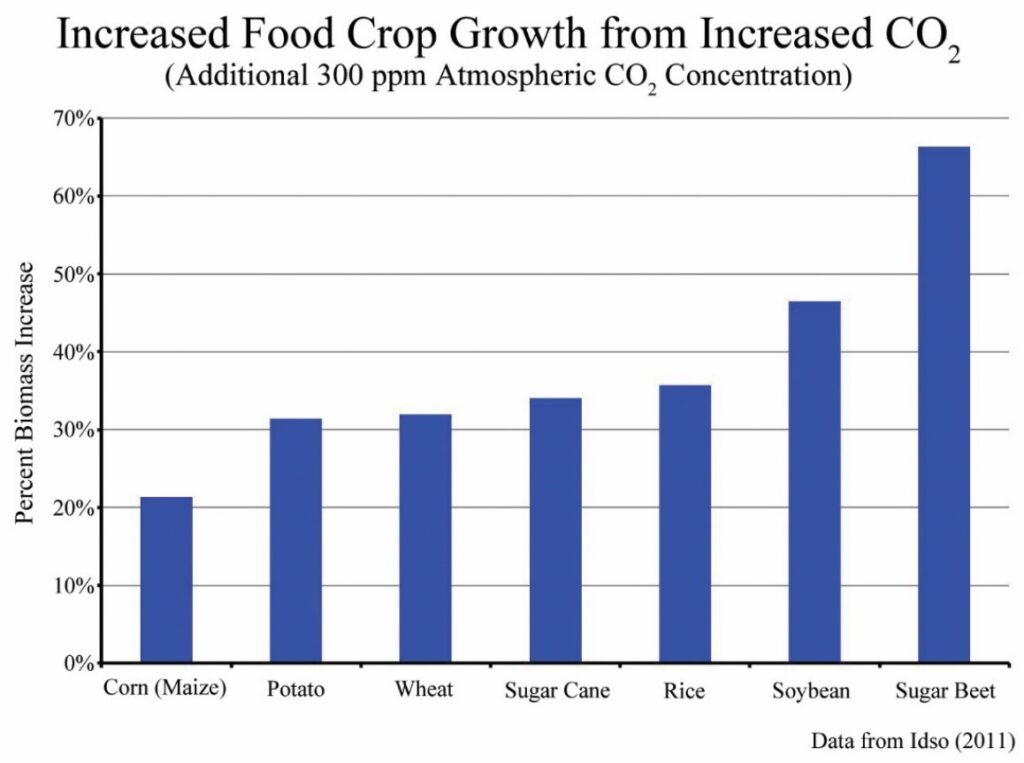Washington State’s Climate Commitment Act (CCA) faces the possibility of repeal this fall. Governor Jay Inslee and others claim the CCA will reduce pollution and help stop climate change. But the CCA isn’t having the slightest effect on the climate, while it is boosting the cost of living for Washington residents.
Washington’s Climate Commitment Act passed in 2021, implementing a cap and invest program designed to reduce state greenhouse gas emissions by 95% by 2050. Businesses with emissions of 25,000 tons of carbon dioxide (CO2) per year must purchase allowances equal to their emissions and turn them in to state agencies. The act also established CO2 auctions, encouraging companies to trade allowances and reduce emissions.
But the CCA has helped to raise Washington State’s cost of living to amongst the highest in the nation. Gasoline and diesel prices now rank as the third highest behind Hawaii and California. The cost of emissions allowances to businesses drives up fuel, food, and utility prices for residents.
On January 16 of this year, the Washington Secretary of State certified Initiative 2117 for the ballot on November 5, 2024, having received more than 400,000 supporting signatures. Initiative 2117 would repeal the Climate Commitment Act and prevent the state from implementing cap and trade or cap and tax carbon trading programs. Governor Inslee is concerned that his signature climate change program may be struck down by the people.
When speaking in Spokane recently in defense of the Climate Commitment Act, Governor Inslee said, “ … families in Washington State are against pollution. They are against smoke coming into their neighborhoods where they can’t go out, their kids can’t go out and play. They’re against early death caused by pollution and they don’t want to remove our protection against pollution.”
However, the governor’s statements are wrong. The Climate Commitment Act strives to reduce greenhouse gas emissions, primarily carbon dioxide. But carbon dioxide is an odorless, invisible gas that does not produce smoke. Nor does breathing of CO2 cause early death.
We inhale only a trace of carbon dioxide from the atmosphere, but continuously produce CO2 as we burn sugars in our bodies. Every time we exhale, we exhale 100 times the concentration of the CO2 that we inhaled. The governor is mistakenly talking about the effects of breathing in real pollutants such as carbon monoxide or smoke particles, which can cause people harm, and instead wrongly attributes harmful health effects to carbon dioxide.
In fact, carbon dioxide should not be called a pollutant. Along with water and oxygen, CO2 is one of the three substances essential for life. Hundreds of peer-reviewed papers show that higher levels of atmospheric CO2 help the world’s food crops grow bigger and yield more food. Carbon dioxide is one compound we can put into the environment that is great for the biosphere.

The human emissions of carbon dioxide from Washington are estimated to be about 100 million metric tons per year. World CO2 human emissions are estimated at 37,000 million metric tons per year. This means that global emissions are 370 times as large as the emissions from Washington State.
In addition, human emissions of CO2 are small compared to the CO2 naturally exhausted from oceans and the biosphere. Every day, nature puts about twenty times as much carbon dioxide into the atmosphere as human industry and removes about the same amount. Washington emissions are less than insignificant as part Earth’s climate. The Climate Commitment Act will have a negligible effect on the climate, but if not repealed, it will continue to significantly raise fuel, food, and utility prices in Washington.
Why is it that climate policies never have a measurable goal? None of our leaders can say that a given policy will reduce temperatures by so many degrees, or reduce sea level rise by so many inches, or reduce the number of storms by a tangible amount, even if added to other policies. Fighting climate change is like raising an army and never taking a hill or building a hospital and never serving a patient. Yet more and more money must be endlessly spent to serve the ideology of Climatism.
This fall, the citizens of Washington State should reject Climatism and vote in favor of the resolution to strike down the Climate Commitment Act.
First published in Master Resource.
Photo by Gage Skidmore, Attribution-ShareAlike 2.0 Generic.



